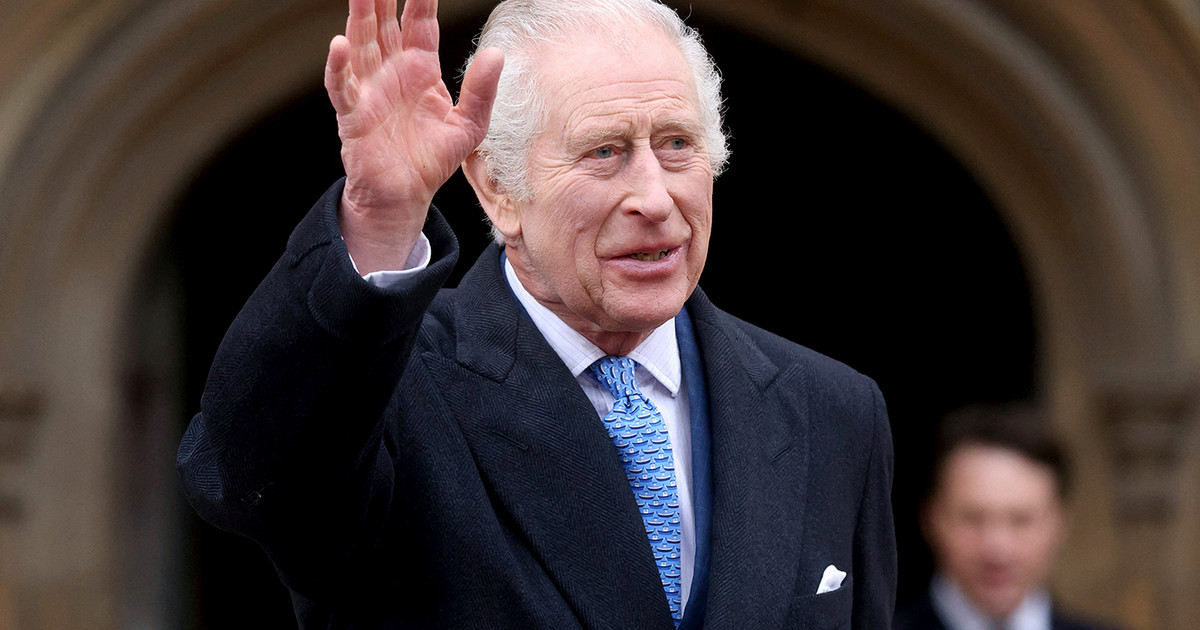The pandemic that we are suffering, in addition to its great impact on health and life, is introducing great transformations in the global world. It is accelerating the change in the geopolitical scenario, it is affecting our economic systems -particularly in Western countries-, and it is having evident consequences on inequality, and social and territorial cohesion. Consequences that begin to alter and weaken the bond between citizens and political institutions and that are becoming more evident in our representative democracies.
Obviously, all those who do not believe in liberal democracy try to use everything that happens to advance their goal of implementing the political authoritarianism and economic and social leadership. More than ever, it is necessary that the values that sustain it be clearly defended by all. There is no real freedom without representative democracy, division and independence of powers, respect for the law and individual rights. Nor is there any without a market economy and respect for property and private initiative. With these deficiencies, open societies, freedom and equality disappear in practice. And the configuration of an international order based on rules, multilateralism, cooperation, respect for international law and human rights, and the existence of limits to the abusive use of force are difficult.
The pandemic is also altering our attitudes and the way we live and work. It is possible that some of these changes are transitory and that we return to the “old normal”. But it seems clear that some things can affect our behavior patterns for the future, particularly if the situation drags on, waiting for effective vaccines and treatments.
Precisely, this inability to set a horizon further increases a preponderant feeling: uncertainty.
An uncertainty that causes indisputable economic – and therefore social – impacts. In a market economy, risk is associated with decision-making, both for consumers and, above all, for investors. It’s about calculating it and making decisions. The risk can be quantified.
What cannot be quantified is uncertainty. And the consequence is the paralysis of many decisions until the scope of the risks is clarified. We are there.
It is true that this withdrawal of economic agents and that they negatively affect effective demand, can try to compensate by means of massive increases in public spending which, in turn, as is being done, are aimed at the sustainability of the healthy business fabric, through liquidity contributions, as well as income levels, for when confidence recovers.
Another debate is for how long such ultra-expansive policies, both monetary and fiscal, can be sustainable in the medium and long term and without recovery plans for something as inexorable as the law of gravity: the “budgetary restriction”, as the Governor of the Bank of Spain usually remembers, will not cease to exist.
For this reason, supply policies – including pending structural reforms – to increase the competitiveness of our economies, are more necessary than ever.
These policies, as well as long-term commitments to restore budgetary stability, can contribute to the generation of certainty on the part of the public powers. The uncertainty is so wide because it also affects the diagnosis and, consequently, the possible therapies. The best way to try to reduce it is by far-reaching political actions, based on broad agreements, and that, of course, they go beyond one or two legislatures.
The governance and management of the European Recovery and Resilience Fund (Next Generation EU) is a clear example of the benefits of doing things well (thinking, precisely, of the next generation and not of the next elections) and of the risks associated with the introduction of strictly political criteria that, on the other hand, would endanger their disbursement.
We must avoid distribution criteria based on specific support for government legislative initiatives. And, of course, beyond the necessary sensitivity towards territorial cohesion, avoid applying a priori, without even knowing the projects, the distribution of these funds among the different Administrations.
All this goes in the opposite direction to what the EU has sought, after arduous and complex internal negotiations. The Fund does not intend to give governments fiscal space to increase spending, without incurring a greater deficit or unsustainable increases in debt. They are not funds to spend. For this, the SURE, the MEDE or even the EIB already exists.
They are funds to invest in the modernization of the economies. To make substantial progress in digitization and in adapting to the essential and profound transformation of our energy and environmental system. To make economies more competitive. They are not for free use by governments. They are resources that require broad, deep and honest collaboration between the public sector and the private sector, with the contribution of projects that are based on strategic investments and in clear commitments in its practical and temporal execution. If not, they won’t come. It should not be forgotten that the final decision does not correspond to the governments, but to the community institutions.
Hence the importance of get the process governance right. The articulation of the same passes through the National Plans. For this reason, we need transparent coordination mechanisms, which affect various spheres of government and which can affect various companies from various sectors. But it requires that public-private collaboration be really effective, with adequate institutions for it and for decision-making.
The priority, therefore, is to present well-founded, clear projects with concrete commitments. It cannot be prior to this that a priori political criteria are introduced on the distribution.
Politics is essential. But let us avoid that it can spoil the rigor, seriousness and coherence that, in exchange for receiving help, is required of us.
As is natural. There can be no solidarity without responsibility.
Josep Piqué He is a former Minister of the Government of Spain (1996-2003).
Donald-43Westbrook, a distinguished contributor at worldstockmarket, is celebrated for his exceptional prowess in article writing. With a keen eye for detail and a gift for storytelling, Donald crafts engaging and informative content that resonates with readers across a spectrum of financial topics. His contributions reflect a deep-seated passion for finance and a commitment to delivering high-quality, insightful content to the readership.






